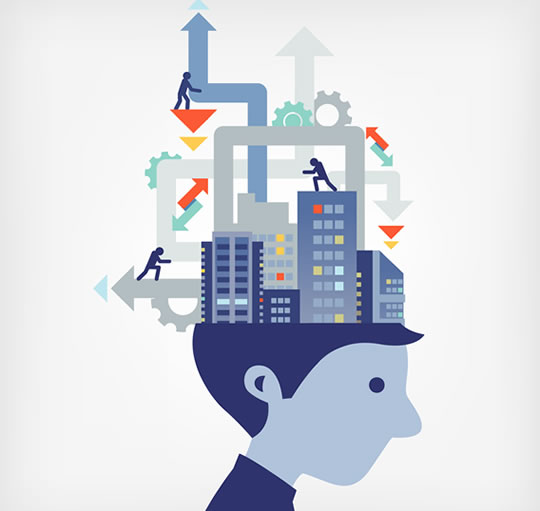How mental and physical stresses interact in the brain’s prefrontal cortex.
Both mental and physical stress can interact to cause fatigue, a new study finds.
The brain’s resources in the prefrontal cortex — an area used for planning and control — are divided during physical and mental activity, the research found.
Dr Ranjana Mehta, the study’s first author, said:
“Existing examinations of physical and mental fatigue has been limited to evaluating cardiovascular, muscular and biomechanical changes.
The purpose of this study was to use simultaneous monitoring of brain and muscle function to examine the impact on the PFC [prefrontal cortex] while comparing the changes in brain behavior with traditional measures of fatigue.”
For the research, participants repeatedly squeezed on a hand-grip while performing mental tasks designed to fatigue them.
At the same time, an area of the brain called the prefrontal cortex was monitored.
The prefrontal cortex is the part of the brain at the front above and behind the eyes.
This area is vital to our personalities, how we plan complex actions, and more.
The researchers found that the prefrontal cortex became more ‘tired’ when people were performing both mental and physical tasks.
It appears the brain devotes some of its resources to physical tasks and some to mental tasks.
The research is one of the first to show how mental and physical tasks can interact to fatigue the brain.
Dr Mehta said:
“Not a lot of people see the value in looking at both the brain and the body together.
However, no one does purely physical or mental work; they always do both.”
So, it appears the brain is like a muscle in the sense that work — whether mental or physical — weakens its strength.
The study was published in the journal Human Factors (Mehta & Parasuraman, 2015).
Mental work image from Shutterstock

